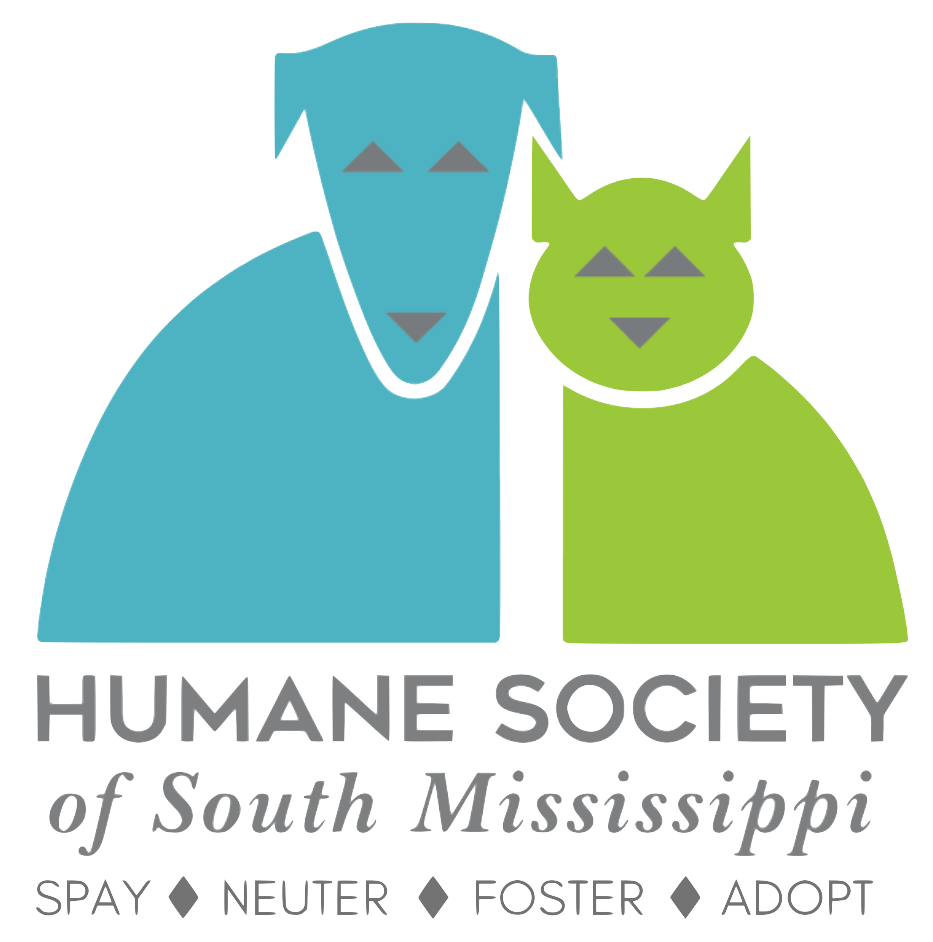Your pet just had spay/neuter surgery. Now what?
If you are experiencing post-op complications, concerns, or an emergency - please bring your pet in to see us during open hours. No phone call or appointment is necessary. If you are experiencing an emergency and we are closed, please visit your local emergency animal hospital.
What should I look for after surgery?
Your pet will be groggy upon returning home as he/she is still metabolizing the anesthetic and pain medications. Allow your pet some time to rest in a quiet space and offer a small amount of food/water. It is normal to not want to eat or wanting to eat a small bit of food as the medications wear off.
Please limit activity for the next 10-14 days (no running and jumping) and walk your pet on leash for potty breaks to allow your pet time to heal and for the incision to remain closed.
Your pet will have a tattoo (a small green line) to indicate it has been altered.
Your pet may have a slight cough for a few days after surgery due to intubation.
DO NOT bathe or let incision site get wet for 10-14 days. Water affects surgical glue and will open the incision and cause an infection. If there is a bandage on your pet's incision site, remove after 24 hours.
Please do not let your pet lick or chew at incision site. This can delay healing/infect the incision and is the number one cause of post-surgical infection. Keep your pet's cone on for 10-14 days.
Check incision site twice daily. If there is any irritation, redness, bleeding, swelling or discharge please bring your pet in during business hours. Check gums to make sure they are pink (cats will tend to have light pink gums). If gums appear pale please refer to emergency instructions.
Please leave incision uncovered. Covering the incision will harbor bacteria and cause an infection.
Your pet received pain medication at the time of surgery which will last 24 hours. If you elected take home pain medication please follow instructions on the bottle. DO NOT administer any other medication (besides heartworm and flea prevention) without consulting your veterinarian.
What is not normal after surgery?
Spays and neuters are both very safe surgeries; however, as with all surgery, complications can occur. If we are open please bring your pet to our clinic if any of the following occur. If we are not open, please go to your local emergency clinic.
-Excessive discharge or bleeding from the incision
-Labored breathing
-Pale gums
-Depression
-Unsteady gait
-Seizures
-Difficulty urinating or defecating (although please keep in mind your pet may not defecate for 24-36 hours post surgery)
-Unresponsive pupils/eyes
-Not eating, vomiting, and lethargic for 24 hours after surgery.
Please note that HSSM is not responsible for charges incurred at any other veterinary practice.
What if my pet doesn’t eat the night of after surgery?
It’s not unusual for pets to skip their evening meal after surgery, and even the following morning. However, if your pet is still not eating, seems unusually tired, or is vomiting within 24 hours, please bring your pet to the clinic.
We recommend offering a small meal the evening after surgery, then resuming normal feeding the next day. Avoid switching your pet’s food during this time, as a sudden diet change could hide signs of a problem. Refrain from giving treats, table food, or dairy products.
Why is my pet coughing after surgery?
A mild cough for a few days is common and usually due to the breathing tube used during anesthesia. You may see some blood in your pet’s water bowl from the tube as well. If the cough persists or is accompanied by excessive blood, eye or nasal discharge, schedule a visit with your veterinarian.
Is vomiting after surgery normal?
Sometimes. Nausea from anesthesia or eating too much too soon can lead to vomiting. Occasional vomiting may not be alarming, but if your pet vomits multiple times within 24 hours, seems lethargic, or refuses food, please bring your pet in for an evaluation.
What if the surgery site looks red?
A little redness and swelling around the incision site can be normal and should go away within a few days. If the swelling continues or worsens, please bring your pet in for an evaluation.
There’s a bump where the incision is—should I be worried?
A small lump under the skin near the incision is often due to the internal stitches and is usually not a concern. However, if it becomes painful, red, or starts to ooze, please bring your pet in for an evaluation.
My pet won’t stop licking the incision—what should I do?
To prevent licking, which can cause serious complications like infections or the wound reopening, make sure your pet wears an Elizabethan collar (cone) at all times. Keeping them from licking helps ensure proper healing and avoids the need for additional procedures.
Should I keep my pet indoors after surgery?
Yes. For the first 10-14 days, it’s very important that your pet remains indoors where they’re safe, can rest, and do not get wet. Outdoor exposure increases the risk of infection and other complications. Dogs can be taken out on a leash for bathroom breaks, but avoid letting them run, jump, swim, or engage in rough play during recovery.
Should I keep my pets apart after surgery?
Yes. Pets can still engage in mating behaviors for 2–3 weeks following surgery. While pregnancy isn’t possible, the act itself can be very painful and could lead to complications such as bleeding, infection, pain, or the incision reopening. It's best to keep males and females separated during this recovery period.


